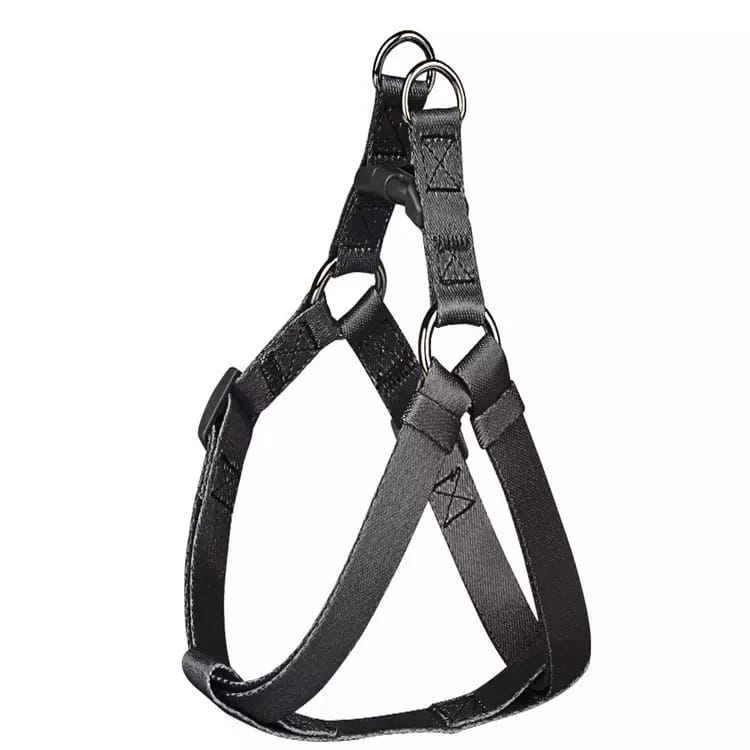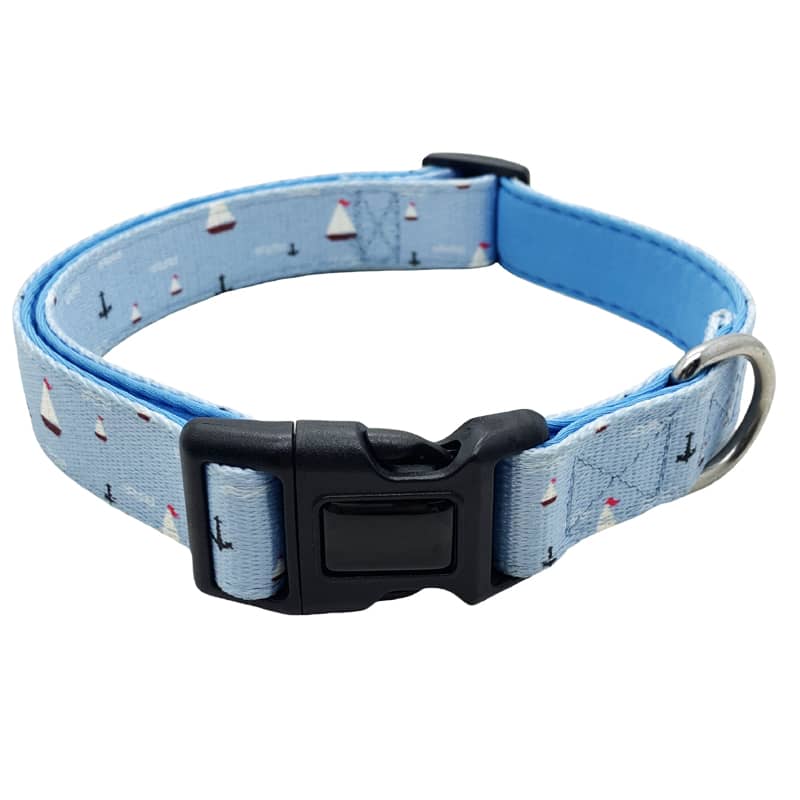
Did you know that recycling just one ton of PET plastic can save 30 cubic yards of landfill space? That’s enough room to park a small car! For pet owners, this statistic hits close to home as we seek ways to care for our furry friends while protecting the planet. Enter Recycled PET, or rPET—a game-changer in the world of pet products. Made from recycled plastic bottles, rPET is turning waste into cozy beds, durable toys, and stylish collars. This article, brought to you by the team at Bestone Inc., dives into why rPET matters, its benefits, and how it’s shaping a sustainable future for pet care.
What is rPET and Why Does It Matter?
Defining rPET
rPET stands for Recycled Polyethylene Terephthalate, a type of plastic made from used bottles and other PET items. Think of those water bottles you toss into the recycling bin—after a cleaning and processing journey, they become rPET, ready to be molded into something new. It’s strong, lightweight, and versatile, making it perfect for pet products.
Environmental Impact
Why should pet owners care? Every year, millions of tons of plastic pollute landfills and oceans, threatening wildlife and ecosystems. By using rPET, we’re keeping that plastic out of harm’s way. Producing rPET takes 79% less energy than making new (virgin) PET and cuts greenhouse gas emissions by up to 71%. That’s a big deal for reducing our carbon footprint and fighting climate change.
A Step Toward a Circular Economy
rPET isn’t just about waste—it’s about reuse. It supports a circular economy where materials are recycled repeatedly, reducing the need for new resources. For pet lovers, choosing rPET means making a small choice with a big impact. Want to learn more about sustainable materials? Check out our guide on sustainable pet supplies.
According to Persistence Market Research, “rPET can be recycled repeatedly with similar properties to virgin PET, though clarity may slightly decrease over time.” This resilience makes it a reliable choice for eco-friendly pet gear.
Benefits of rPET in Pet Products
Environmental Wins
The planet loves rPET. Switching from virgin PET to rPET slashes carbon emissions by 59%, and when paired with renewable energy, that reduction can hit 90%. Plus, it diverts plastic from landfills—recycling one ton saves 30 cubic yards of space. That’s less trash and more room for nature.
Cost and Consumer Appeal
rPET isn’t just green—it’s wallet-friendly too. Advances in recycling tech have made it cheaper to produce, letting companies offer sustainable products at competitive prices. And pet owners are on board: 78% of US consumers say a sustainable lifestyle matters, with 50% willing to pay more for eco-friendly pet goods.
Fun Fact: Energy Savings
Here’s a cool tidbit—producing rPET uses up to 84% less energy than virgin PET. That’s like turning off thousands of light bulbs every time you choose an rPET dog leash over a new plastic one! Curious about leash options? See our guide to dog leashes.
Insight: Pet brands that integrate rPET materials into their product lines position themselves advantageously in a market where 92% of consumers say sustainability is important, with 69% stating it’s more important than two years ago.
Case Studies: Companies Leading the Way
Bestone’s Approach
We’re proud to be one of the companies paving the way with rPET. At Bestone, we’ve been crafting pet products for over 16 years—integrating recycled PET into items like collars and beds. Our focus has always been on quality and sustainability, proving that recycled materials can truly shine.
Ruffwear’s Eco-Friendly Gear
Ruffwear is another leader, using sustainable fabrics alongside rPET in their pet gear. Their durable designs prove eco-friendly doesn’t mean flimsy. Learn more about their popularity in our Ruffwear guide.
Patagonia’s Green Legacy
Patagonia, famous for outdoor gear, extends its rPET use to pet products. Their success highlights consumer demand for sustainability—something pet owners can tap into with every purchase.

rPET Webbing Harness

Quick-Release rPET Collar
Industry Inspiration
These brands show that rPET can be both practical and stylish, inspiring others to follow suit in the pet industry.
Market Trends and Opportunities
Pet Care Market Boom
The pet care market is soaring—from $259.37 billion in 2024 to a projected $427.75 billion by 2032 (Fortune Business Insights). Meanwhile, the rPET market is growing too, from $13.1 billion in 2025 to $23.8 billion by 2032 (Persistence Market Research).
Sustainability Demand
Consumers are driving this growth—92% say sustainability matters, and 70% of pet owners worry about climate change. In fact, 67% prefer eco-friendly packaging, making rPET a hot commodity.
Market Stats
| Metric | 2024/2025 Value | 2030-2034 Projection | CAGR |
|---|---|---|---|
| Global rPET Market | $13.1B (2025) | $23.8B (2032) | 8.9% |
| Pet Accessories Market | $23.4B (2024) | $49.6B (2034) | 7.9% |
| Sustainable Pet Beds | $2.52B (2025) | $3.38B (2029) | 7.6% |
| Pet Clothing Market | $5.79B (2024) | $8.97B (2032) | 5.6% |
Opportunity Knocks
With these trends, rPET offers pet brands a chance to meet demand and stand out. Explore more market insights in our 2025 pet trends.
“Pet owners are more discerning than ever, and that includes an increased focus on sustainability.” — Matias Blanco, Tetra Pak
Challenges and Solutions
Quality Concerns
rPET isn’t perfect—recycling can weaken it or affect clarity. But innovations like enzymatic recycling from Carbios are fixing that, creating rPET as good as new.
Color Variations
Slight color differences can pop up in rPET, tricky for uniform pet products. Manufacturers blend it with virgin PET or use dyes to keep things consistent.
Supply Struggles
Finding enough high-quality rPET can be tough where recycling lags. Bottle deposit laws could boost rates to 82%, ensuring steady supply.
Solutions in Action
Tech and policy are tackling these issues, making rPET reliable. 67% of pet owners prefer eco-friendly packaging, with purchasing decisions increasingly influenced by sustainability credentials.
Bestone’s Commitment to Sustainability
rPET Integration
At Bestone, we’ve embraced rPET for over 16 years—incorporating it into collars, harnesses, and more. Our goal has always been clear: deliver high-quality products while reducing our environmental footprint. For us, sustainability isn’t a trend—it’s a standard.
Broader Green Goals
Our commitment goes beyond materials. We actively prioritize low-waste manufacturing and ethical sourcing, striving to set a responsible example in the pet product industry.
Founder’s Vision
As the founder of Bestone, I truly believe every step counts. “Small changes in what we make can ripple out to protect our planet,” is a belief that drives everything we do—from design to delivery.
Industry Influence
We’re inspired by purpose-driven brands like Ruffwear and proud to be part of the movement toward greener pet care. Want to know what makes sustainable gear truly work? Explore our harness materials guide to see how the right materials make a lasting difference.
“As PSC has expanded its sustainability work across the pet sector over the last 10 years, we have seen a corresponding growth in the importance of social responsibility to business’s success. Today, 80% of young US adults (ages 18-34) are willing to pay more for sustainable products—and this is the fastest growing demographic of pet parents.” — Pet Sustainability Coalition
Frequently Asked Questions (FAQs)
Is rPET safe for my pet?
Yes! Properly processed rPET meets safety standards, just like new plastic. It’s approved by the FDA and EFSA for food contact too.
How does rPET help the environment?
It cuts energy use by 79%, reduces emissions by 71%, and keeps plastic out of landfills—big wins for Earth!
Which companies use rPET in their pet products?
Leaders like Ruffwear, Patagonia, and Bestone are all in, crafting eco-friendly gear for pets.
What are the challenges of using rPET?
Quality, color, and supply can be tricky, but tech like chemical recycling is smoothing the way.
Can rPET be stylish?
Absolutely—check out our rPET pet fashion guide for proof!
Conclusion
Key Takeaways
rPET is transforming pet products into planet-friendly choices. It reduces waste, saves energy, and meets growing consumer demand—92% of people now prioritize sustainability.
Why It Matters
With the pet care market booming and eco-trends rising, rPET is a win for pets and the planet. Companies like Bestone Inc. are showing how it’s done, one recycled bottle at a time.
Your Next Step
Ready to go green? Choose rPET pet products next time you shop. Visit Bestone’s product page to explore sustainable options and join the movement!


